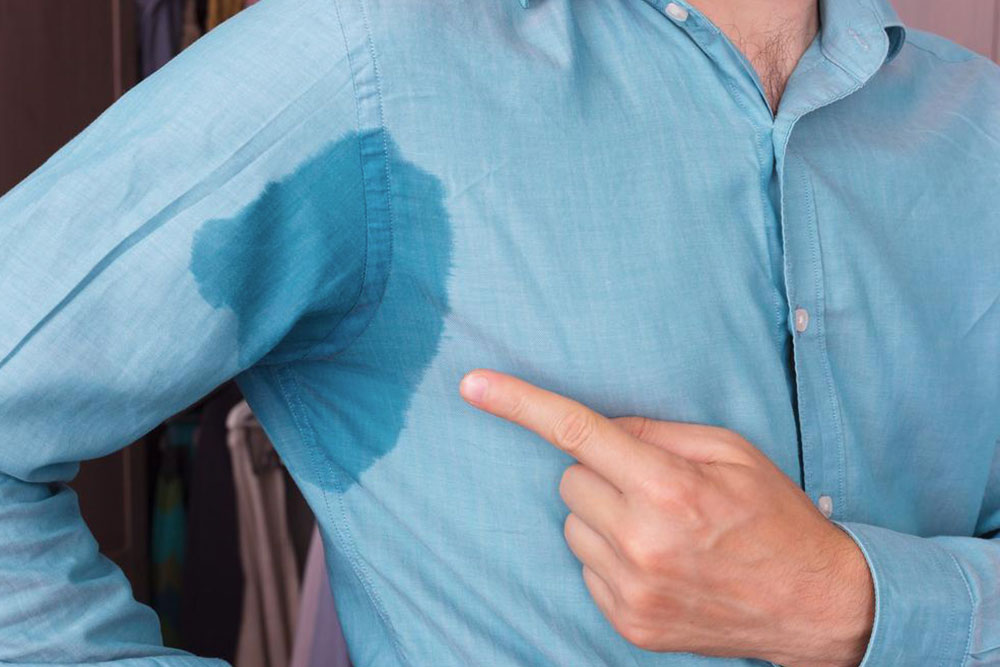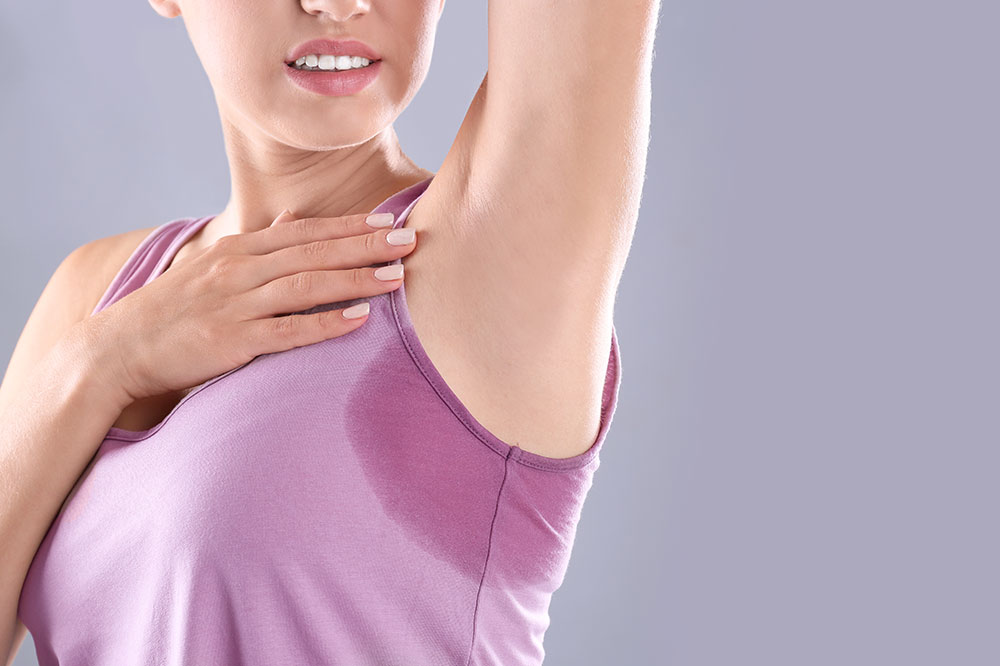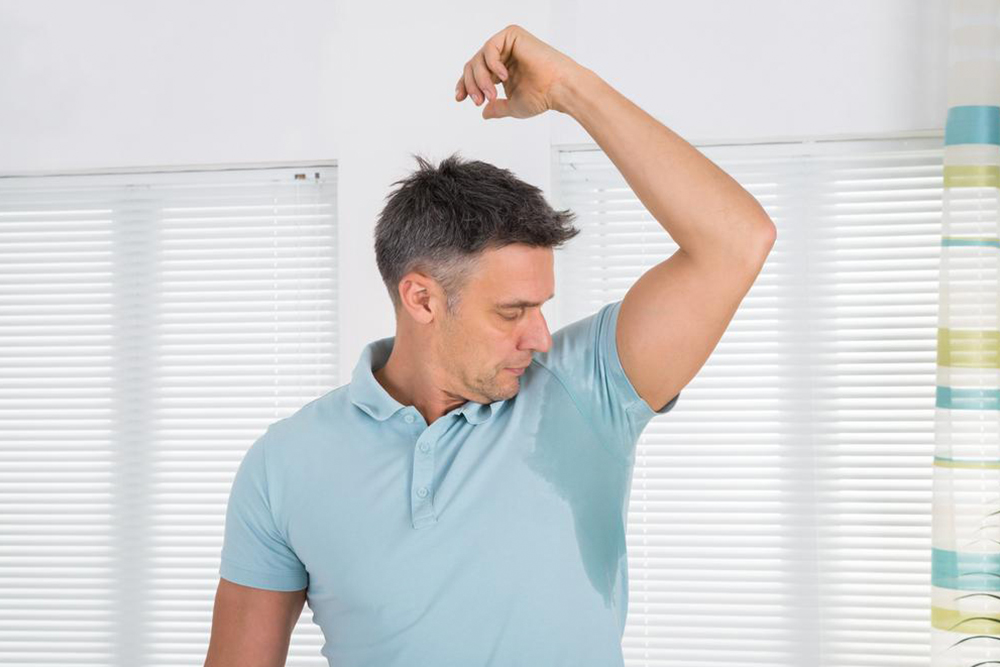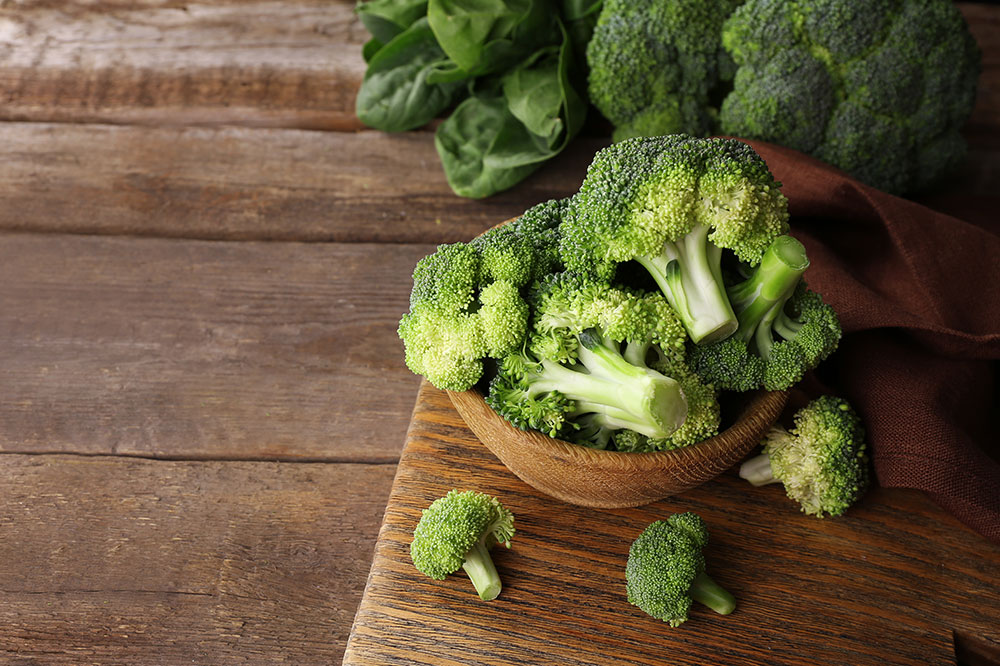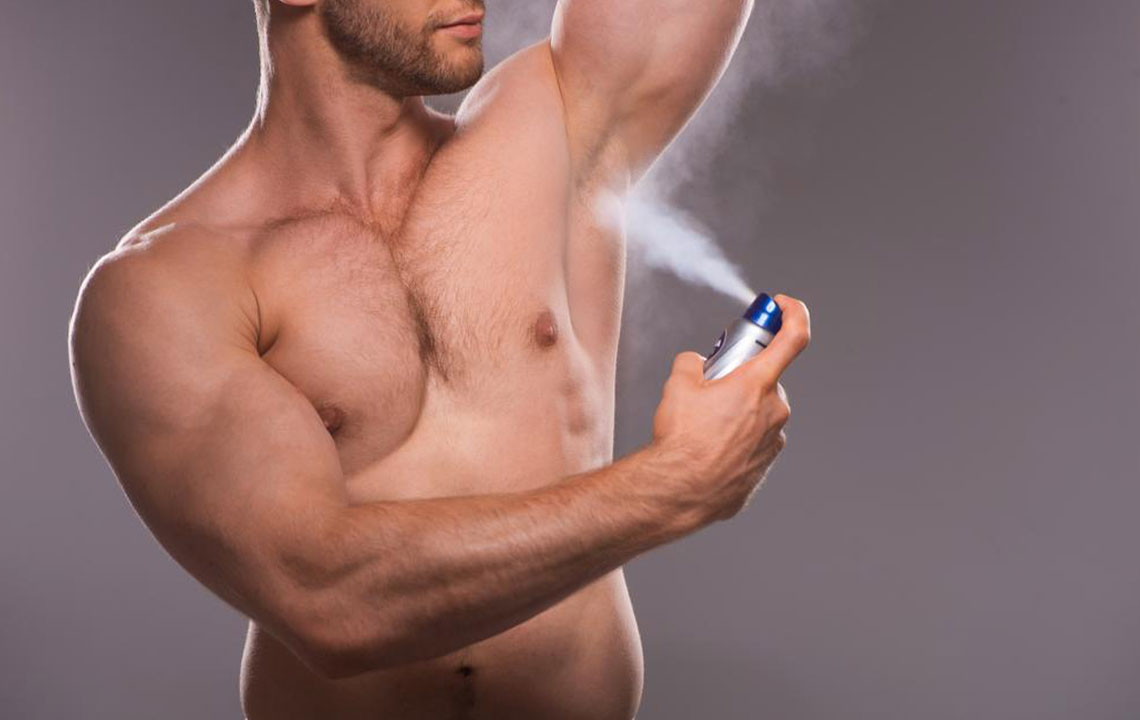Effective Methods to Manage Excessive Sweating Naturally
Discover comprehensive strategies for managing hyperhidrosis naturally. This article explores lifestyle changes like exercise, clothing, hydration, diet, and skincare tips that can help control excessive sweating effectively. Suitable for those seeking non-invasive solutions, improve your quality of life with these practical advice and expert recommendations.
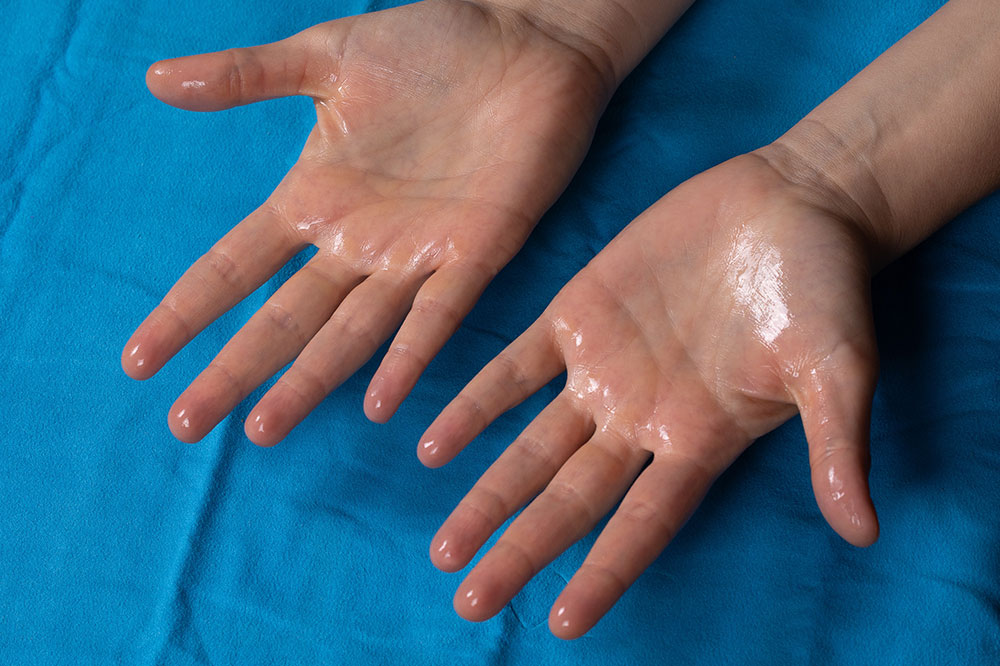
Effective Methods to Manage Excessive Sweating Naturally
Hyperhidrosis, a condition characterized by abnormal and excessive sweating, can have a profound impact on daily life, emotional health, and self-esteem. People living with this issue often experience feelings of embarrassment, anxiety, and frustration, particularly in social or professional settings. While the condition can seem overwhelming, there are numerous lifestyle alterations and practical strategies that can significantly help in controlling and reducing the symptoms. This comprehensive guide explores proven methods to manage hyperhidrosis effectively, emphasizing natural and non-invasive approaches that can be integrated into everyday routines.
Incorporate Regular Physical Activity
Engaging in consistent exercise is a highly beneficial practice for controlling excessive sweating and enhancing overall health. Physical activity aids in reducing stress levels—a common trigger for hyperhidrosis episodes—and promotes better regulation of body temperature. Although sweating during exercise is natural, regular workouts can lead to improved thermoregulation over time. Activities like walking, swimming, yoga, or aerobic workouts not only improve physical health but also help the body adapt more efficiently to temperature changes, thereby reducing episodes of sudden, uncontrolled sweating.
Choose Breathable and Comfortable Clothing
Selecting the right clothing is vital for those dealing with hyperhidrosis. Opt for lightweight, natural fabrics such as cotton, linen, or bamboo, which allow better airflow and promote moisture evaporation. Avoid synthetic or heavy clothing materials like polyester or flannel, as they tend to trap heat and moisture against the skin, making sweating worse. Wearing breathable attire helps maintain a cooler body temperature, reduces sweat accumulation, and enhances comfort throughout the day.
Stay Properly Hydrated
Hydration plays a crucial role in managing excessive sweating. When you sweat, your body loses essential water and electrolytes; thus, maintaining adequate hydration is necessary for balancing bodily functions. Drinking plenty of water not only keeps you refreshed but also helps regulate body temperature more effectively. Consider increasing your fluid intake beyond the standard eight glasses a day, especially during hot weather or after physical activity, to support optimal hydration levels and reduce hyperhidrosis symptoms.
Modify Your Diet Accordingly
Food choices significantly influence sweat production. Spicy foods, caffeine, alcohol, and processed snacks are known to trigger episodes of excessive sweating in sensitive individuals. Reducing or eliminating these items from your diet can lead to noticeable improvements. Instead, aim for a balanced, nutrient-rich diet that includes fresh fruits and vegetables, lean proteins, and whole grains. Such dietary habits can help stabilize your body's internal temperature, decrease sweating frequency, and improve overall well-being.
Maintain Dry and Comfortable Feet
Foot sweat can be particularly uncomfortable and prone to causing odors and infections. To keep feet dry and comfortable, wear open-toed shoes or sandals that promote air circulation. Select footwear made from natural materials like leather or canvas, which permit better breathability. Additionally, change socks and shoes regularly—at least once daily—to prevent dampness buildup, bacterial growth, and unpleasant odors. Using foot powders or antiperspirants designed specifically for feet can further help in controlling moisture and odor issues.
For managing excessive sweating under arms and other localized areas, over-the-counter antiperspirants containing aluminum chloride are highly effective. These products work by blocking sweat glands and preventing sweat secretion. For best results, apply them at night—when sweat glands are less active—and wash off in the morning. Always consult your healthcare provider for personalized recommendations. Popular products include brands such as Dove Men+Care Clinical Protection, Mitchum, SweatBlock, and Donna Karan Cashmere Mist, which have shown promising results for many users.
By combining these strategies—regular exercise, breathable clothing, proper hydration, dietary modifications, and targeted use of antiperspirants—you can take active steps toward managing hyperhidrosis more effectively. Remember, it’s important to consult with a healthcare professional to tailor an approach suited to your specific needs. Persistent or severe hyperhidrosis may require medical treatments such as prescription medications, Botox injections, or other interventions, but many individuals find significant relief through lifestyle changes alone. Embracing these natural methods can empower you to regain confidence and improve your quality of life, free from the distress of excessive sweating.
